Undergraduate students who are interested in participating in a summer research or internship program need to plan ahead. December is the time to gather together all the required elements of the applications, including faculty letters of recommendation. All of the exciting summer opportunities listed below have application deadlines in December or January! Check out the programs below and consider if any would fit with your research goals and interests.
DAAD RISE – Research Internships in Science and Engineering in Germany
Deadline: Applications are due by December 15, 2018; Letters of Reference are due by December 22, 2018; https://www.daad.de/rise/en/
DAAD RISE gives students in the fields of biology, chemistry, earth sciences, engineering, and physics the chance to spend a summer working on research projects with doctoral students at German universities and research institutions. Interested students must first register online between November 1, 2018 and December 15, 2018. Student application materials must be submitted by December 15, 2018, with letters of reference due December 22, 2018.
Mickey Leland Energy Fellowship Program (MLEF)
Deadline: December 17, 2018; http://orise.orau.gov/mlef/
The Mickey Leland Energy Fellowship (MLEF) is sponsored by the U.S. Department of Energy’s Office of Fossil Energy. It is a 10-week summer internship program that provides opportunities to students who are pursuing degrees in STEM fields. The goal of the program is to improve opportunities for minority and female students in these fields, but all eligible candidates are encouraged to apply.
Summer Neuroscience Undergraduate Research Fellowships (SNURF) – University of Vermont
Deadline: January 6, 2019; https://www.med.uvm.edu/neuro/snurf
Two summer research programs will be hosted by the University of Vermont’s Department of Neurological Sciences. One is funded by NSF and the other by the National Institute of Neurological Disorders and Stroke (NINDS). Both offer generous stipends and housing. Interested students may apply to only one of the two programs. Details available on the website.
Summer Research Experience Program in Cancer Science – Roswell Park Cancer Institute
Deadline: January 10, 2019; https://www.roswellpark.org/education/summer-programs/college-students
This 10-week summer research program is open to students who are college juniors or junior-equivalents (credit-wise) at the time of application and who are interested in pursuing an advanced degree towards a biomedical research career. Areas of research include, but are not limited to: cancer biophysics, tumor immunology, cancer genetics, molecular pharmacology. Selected students will be working in a Roswell Park department alongside professional researchers and graduate students.
Science Undergraduate Laboratory Internships (SULI)
Deadline: January 10, 2019; https://science.energy.gov/wdts/suli/
The Science Undergraduate Laboratory Internship (SULI) program encourages undergraduate students to pursue science, technology, engineering, and mathematics (STEM) careers by providing research experiences at one of 17 participating Department of Energy laboratories.
Cold Spring Harbor Undergraduate Summer Research Program 2019
Deadline: January 15, 2019; https://www.cshl.edu/education/undergraduate-research-program
The URP program is designed to give students an opportunity to conduct first-rate research under the supervision of senior laboratory staff in the areas of cancer biology, neuroscience, plant biology, cellular and molecular biology, genetics and bioinformatics, and genomics. Selected students receive room and board in addition to a $5,500 stipend.
ThinkSwiss Research Scholarships
Deadline: January 15, 2019; http://thinkswiss.tumblr.com/About
ThinkSwiss scholarships support highly motivated undergraduates who are interested in doing research at a public Swiss university or research institute. The scholarship is open to students in all fields. A monthly stipend of approximately $1,600 is provided for a period of 2-3 months.
Summer ORISE Fellowship Opportunities at the CDC
Deadline: January 18, 2019; http://www.cdc.gov/nceh/dls/orise.html
Appointments through the Oak Ridge Institute for Science and Education (ORISE) Fellowship Program. Undergraduate students majoring in the applied sciences may apply. Biology and chemistry majors are preferred. Stipend of approximately $2,900 per month for undergraduate students.
Arecibo Observatory REU Summer Program
Deadline: January 25, 2019 (online application); February 1, 2019 (supporting documents); http://outreach.naic.edu/ao/reut
Students selected for this 10-week summer research opportunity will work with staff scientists at the Arecibo Observatory in Puerto Rico on projects related to ongoing research or instrumentation development. Applicants must be a US citizen or permanent resident and must be enrolled in a bachelor’s degree program during Fall 2019. Strong candidates will be students majoring in astronomy, physics, computer science, and electrical engineering. Stipend of $450 per week.
Summer Public Health Scholars Program (SPHSP) – Columbia University
Deadline: January 31, 2019; http://ps.columbia.edu/education/student-life/office-diversity/programs/college-and-post-baccalaureate-students/summer-publ
The Summer Public Health Scholars Program (SPHSP) is designed for undergraduate students who are interested in public health and biomedical science careers. Applicants must have completed at least two years of college. Students from underrepresented groups are encouraged to apply. Approximately 40 students will be selected to participate. Students will receive a stipend, housing, and round trip travel.
Summer Undergraduate Program in Engineering Research at Berkeley (SUPERB)
Deadline: January 31, 2019; https://eecs.berkeley.edu/resources/undergrads/research/superb
The SUPERB Computer and Information Science and Engineering program provides undergraduates with the opportunity to work on research projects focused on using Big Data. This 9-week program is open to rising juniors or seniors who have completed some upper division course work in Electrical Engineering and Computer Sciences. Stipend of $4,500, housing, meals, and $600 travel allowance provided.
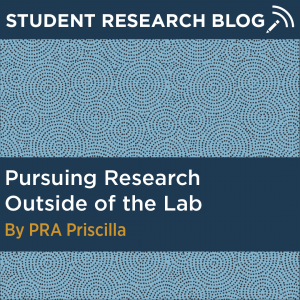 When attending such a well-known research university, it is difficult to go a day without hearing the seemingly hackneyed expression “get involved in research early on.” So often, this is interpreted to mean you should get involved in a professor’s research lab from freshman or sophomore year and continue this research until senior year. Although this a great form of a research experience, it is not the only form of undergraduate research.
When attending such a well-known research university, it is difficult to go a day without hearing the seemingly hackneyed expression “get involved in research early on.” So often, this is interpreted to mean you should get involved in a professor’s research lab from freshman or sophomore year and continue this research until senior year. Although this a great form of a research experience, it is not the only form of undergraduate research.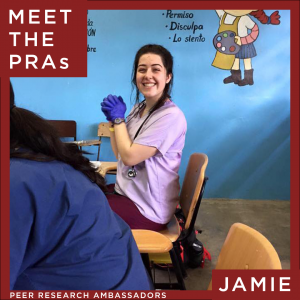
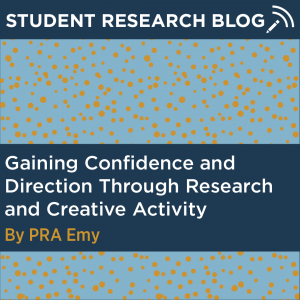 Recently, I have been reflecting on my experience doing creative activity and research. I have gained so many valuable things from writing and illustrating a comic book through an IDEA grant. I’ve built amazing relationships with mentors, I’ve gained technical skill, but most valuable of all, I’ve gained confidence that I want to pursue a career in narrative illustration.
Recently, I have been reflecting on my experience doing creative activity and research. I have gained so many valuable things from writing and illustrating a comic book through an IDEA grant. I’ve built amazing relationships with mentors, I’ve gained technical skill, but most valuable of all, I’ve gained confidence that I want to pursue a career in narrative illustration.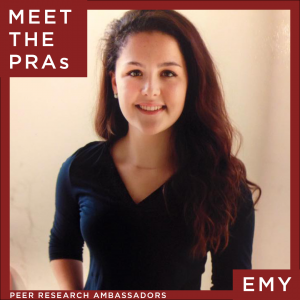
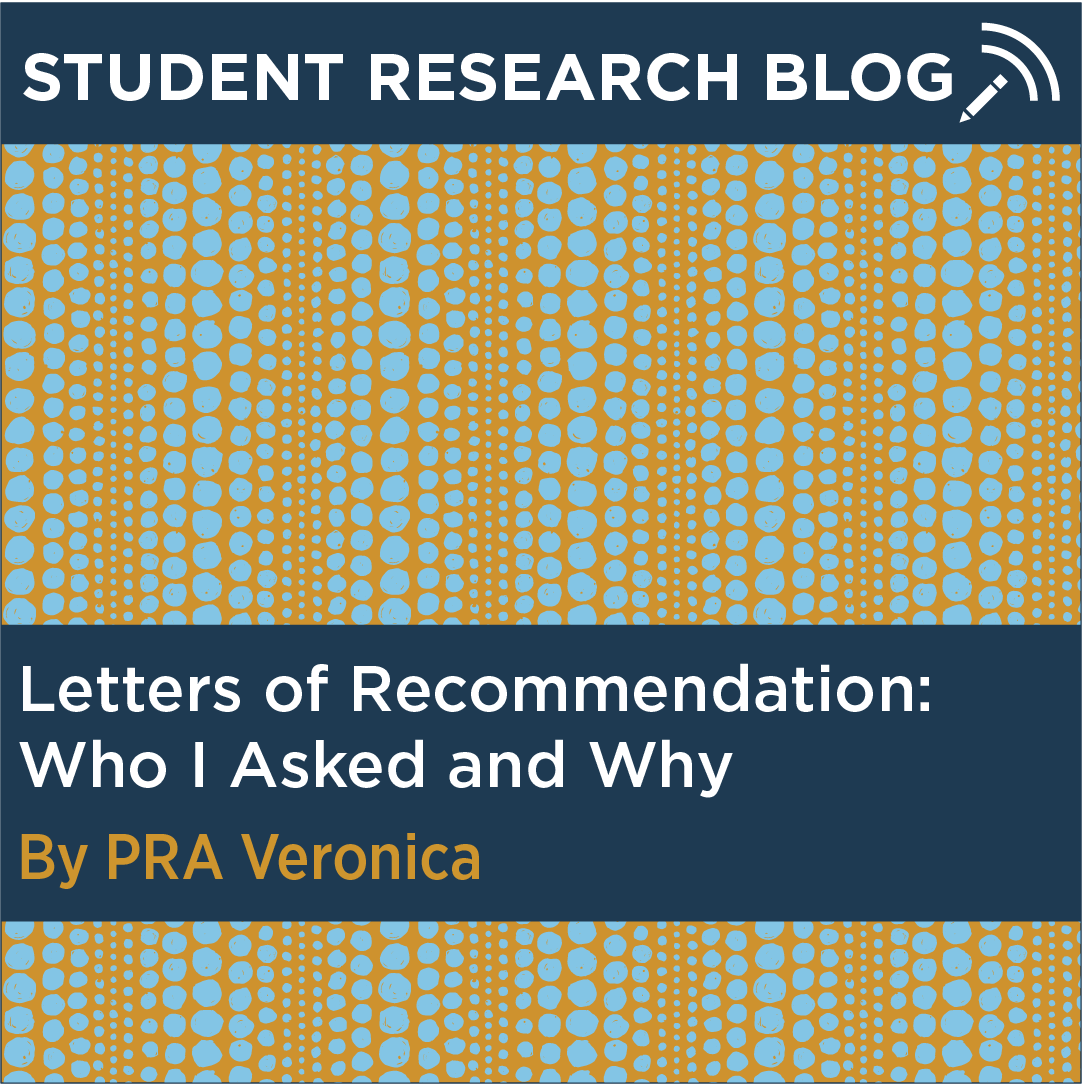 If you’re a senior, chances are you’re considering either graduate school or full time employment after graduation. If you chose the former, then you probably need a few letters of recommendation for your applications. Who do you ask? How do you form relationships with faculty who can write you letters of recommendation?
If you’re a senior, chances are you’re considering either graduate school or full time employment after graduation. If you chose the former, then you probably need a few letters of recommendation for your applications. Who do you ask? How do you form relationships with faculty who can write you letters of recommendation?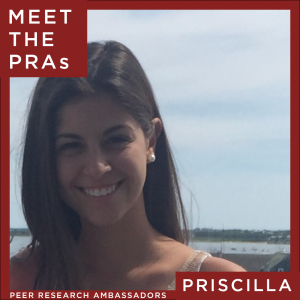
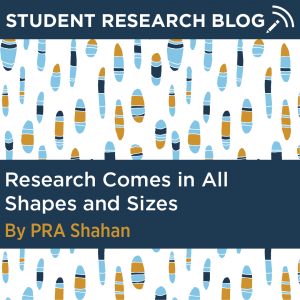 Research happens in a lab, on a bench, with a bunch of microscopes and pipettes and bottles of various liquids on the side. Right? Sounds right to me…or at least it did. Research is so much more than that. It just might take a while before you realize that.
Research happens in a lab, on a bench, with a bunch of microscopes and pipettes and bottles of various liquids on the side. Right? Sounds right to me…or at least it did. Research is so much more than that. It just might take a while before you realize that.